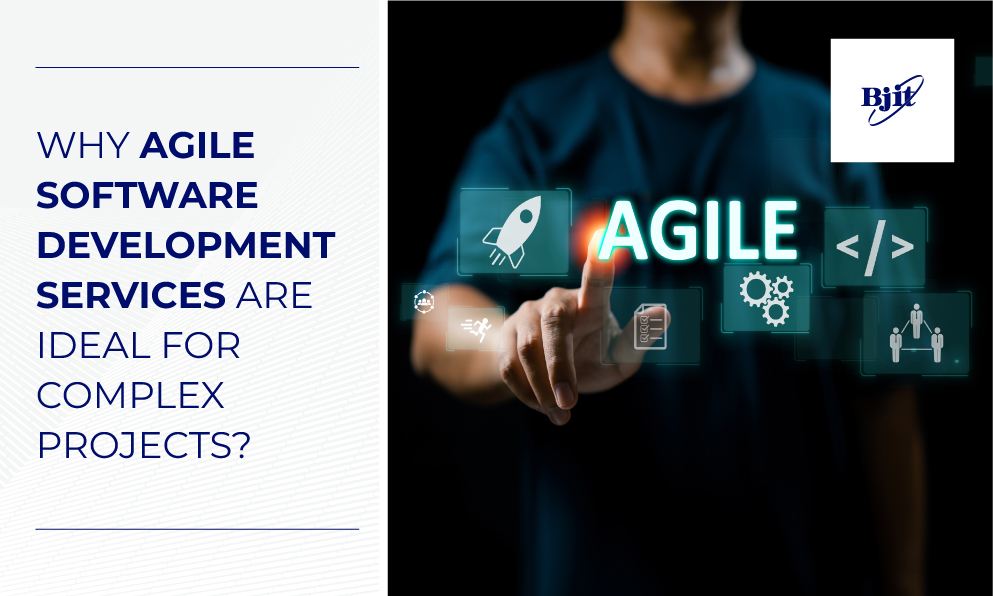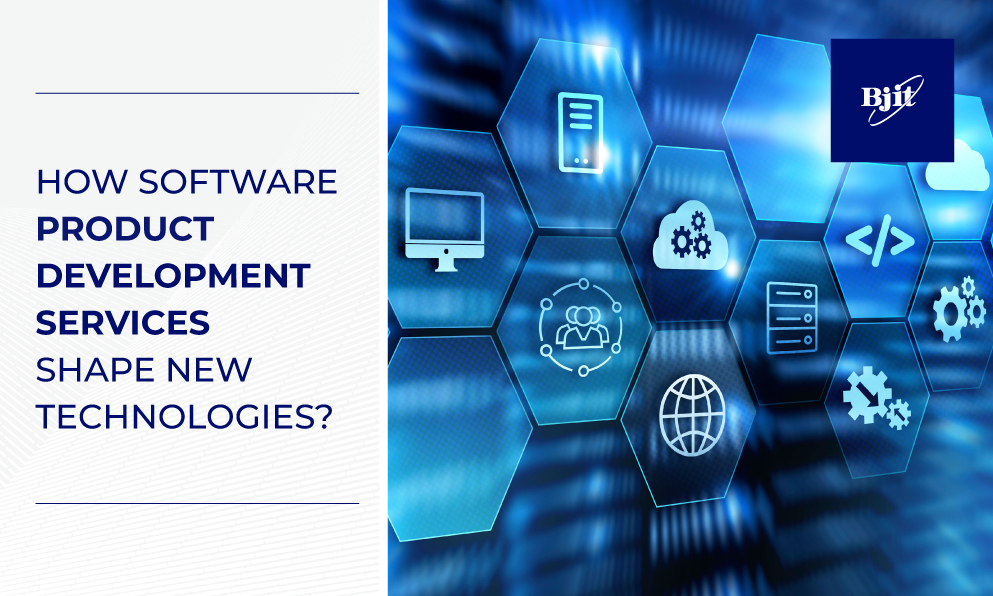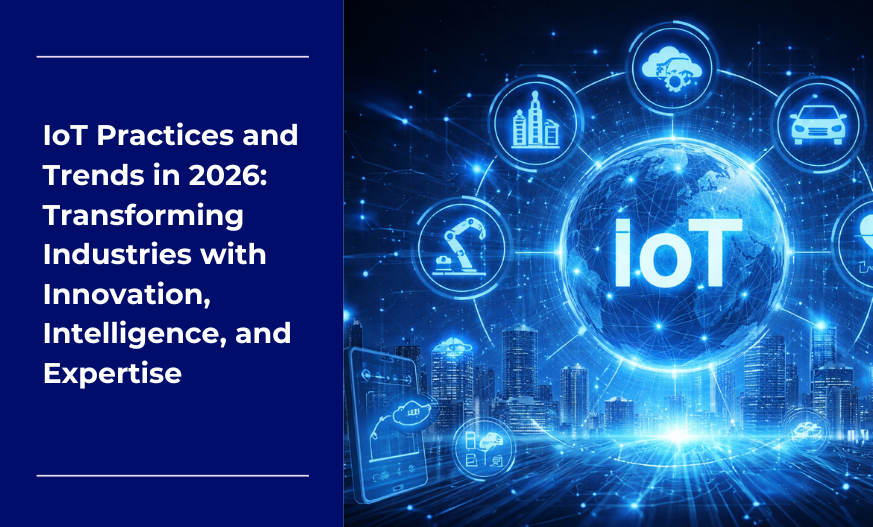Emerging Software Testing Trends: What’s Shaping the Future of SQA
In today’s rapidly evolving technological landscape, software quality assurance (SQA) is more critical than ever. As businesses strive to deliver flawless user experiences, understanding the emerging software testing trends becomes paramount. Software testing is no longer just about finding and fixing bugs; it is about ensuring an application’s reliability, security, and performance from the very beginning of the development process. With the rise of artificial intelligence (AI), automation, DevTestOps, and security-first approaches, the software testing industry is undergoing a major transformation.
This article delves into the key developments shaping the future of SQA, providing insights into how organizations can adapt to maintain a competitive edge. By exploring new methodologies, tools, and best practices, companies can enhance their software testing strategies and ensure high-quality applications that meet modern demands.
The Rise of AI and Machine Learning in Testing
Artificial Intelligence (AI) and Machine Learning (ML) are revolutionizing software testing by introducing automation, predictive analytics, and enhanced test coverage. These technologies are becoming indispensable for QA teams, allowing them to perform more efficient and accurate testing.
Key Benefits of AI and ML in Software Testing:
- Automate Repetitive Tasks: AI-driven tools can execute repetitive test cases without human intervention, freeing up testers to focus on complex and exploratory testing.
- Predict Potential Failures: ML algorithms analyze historical test data to predict defects, allowing proactive mitigation before issues arise.
- Enhance Test Coverage: AI-powered test generation ensures that more scenarios are covered, reducing the risk of undetected bugs.
- Optimize Test Maintenance: AI-based self-healing scripts adapt to UI changes, reducing test maintenance efforts.
- Reduce Testing Time: AI-driven test execution significantly cuts down the time required for regression and functional testing cycles.
According to a report by MarketsandMarkets, the AI in software testing market is expected to grow from $0.7 billion in 2020 to $1.7 billion by 2025, highlighting the increasing adoption of AI-driven testing methodologies.
Shift-Left Testing Approach
The shift-left testing approach emphasizes integrating testing activities early in the software development lifecycle (SDLC). Traditional testing methodologies often introduce testing in the later phases of development, which can lead to high defect remediation costs and longer release cycles. Shift-left testing aims to identify and address defects as early as possible, reducing overall testing efforts and enhancing software quality.
Advantages of Shift-Left Testing:
- Early Bug Detection: Catching defects in the initial stages of development prevents costly rework later in the SDLC.
- Improved Collaboration: Developers and testers work together from the beginning, fostering a culture of shared responsibility.
- Faster Time-to-Market: By addressing issues early, organizations can accelerate their software release cycles.
- Better Test Coverage: Automated unit testing and static code analysis ensure comprehensive validation.
Implementing a shift-left strategy requires a cultural shift, along with the adoption of automated testing, continuous integration, and robust testing frameworks.
Adoption of DevTestOps
DevTestOps, an extension of DevOps, integrates continuous testing into the development pipeline. By combining development, testing, and operations into a seamless workflow, DevTestOps ensures software quality at every stage of the SDLC.
How DevTestOps Benefits Software Testing:
- Continuous Testing: Automated tests are embedded into the CI/CD pipeline, ensuring real-time validation of code changes.
- Faster Feedback Loops: Developers receive instant feedback on their code, allowing for quicker issue resolution.
- Improved Collaboration: Development, testing, and operations teams work together to maintain software quality.
- Scalability: Cloud-based test environments allow teams to test applications across multiple platforms and devices simultaneously.
A study by Capgemini indicates that 58% of organizations have adopted DevTestOps practices to enhance their testing efficiency, reducing the risk of defects reaching production environments.
Emphasis on Security Testing
With the increasing prevalence of cyber threats, security testing has become a focal point in SQA. Organizations are prioritizing security-first approaches to safeguard sensitive data, protect user privacy, and prevent cyberattacks.
Key Aspects of Security Testing:
- Integration of Security in SDLC: Security testing is performed at every stage of development rather than as a final step.
- Use of Automated Security Tools: Tools like static code analysis and dynamic application security testing (DAST) identify vulnerabilities early.
- Regular Penetration Testing: Ethical hackers simulate attacks to uncover security weaknesses.
- Compliance with Industry Standards: Adhering to standards like GDPR, ISO 27001, and OWASP ensures regulatory compliance.
The 2020 Cost of a Data Breach Report by IBM highlights that the average cost of a data breach is $3.86 million, underscoring the importance of robust security testing practices.
Growing Importance of Performance Engineering
Performance engineering is gaining traction as organizations recognize that performance issues can have significant business implications. Unlike traditional performance testing, which is often conducted in the final stages of development, performance engineering is a proactive approach that ensures applications are built for scalability and reliability from the outset.
Essential Elements of Performance Engineering:
- Proactive Performance Planning: Identifying potential bottlenecks during the design phase.
- Continuous Monitoring: Using real-time monitoring tools to track application performance in production environments.
- Load and Stress Testing: Simulating high-traffic scenarios to assess system stability.
- Scalability Assessments: Ensuring that applications can handle increased workloads without performance degradation.
As user expectations for seamless digital experiences rise, performance engineering plays a crucial role in ensuring that applications deliver high availability and responsiveness.
2025 Software Testing Trends to Watch
As we move into 2025, several new trends are emerging in the software testing landscape. Companies must be prepared to adapt to these advancements to stay competitive.
Emerging Trends:
- Hyperautomation in Testing: Combining AI, ML, and robotic process automation (RPA) to fully automate testing workflows.
- Quantum Computing Testing: As quantum computing evolves, new methodologies for testing quantum applications will emerge.
- Blockchain Testing: Ensuring security and integrity of blockchain-based applications with specialized testing techniques.
- IoT Testing: As the Internet of Things (IoT) expands, software testing will need to cover complex, interconnected devices.
- Green Testing: A new focus on sustainability, optimizing testing processes to reduce environmental impact.
Organizations that proactively embrace these trends will be well-equipped to navigate the future of software testing successfully.
BJIT's Software Testing Services
As a leader in software development and quality assurance, BJIT provides comprehensive software testing services tailored to modern business needs. With a team of highly skilled QA professionals, BJIT ensures that software applications meet the highest standards of performance, security, and functionality.
Why Choose BJIT for Software Testing?
- Automated and Manual Testing: BJIT employs a balanced approach of automated and manual testing to maximize efficiency and coverage.
- AI-Driven Testing Solutions: Leveraging AI and ML, BJIT enhances test accuracy and reduces testing cycles.
- Security and Compliance Assurance: BJIT ensures applications comply with industry regulations and security standards.
- Performance Engineering: Proactive performance testing guarantees that applications perform seamlessly under varying loads.
- End-to-End Testing Services: From unit testing to system and acceptance testing, BJIT covers all aspects of software quality assurance.
By partnering with BJIT, businesses can leverage top-tier testing methodologies to accelerate software development while maintaining impeccable quality. Learn more about BJIT's software testing services.
Conclusion
Staying ahead of emerging software testing trends is essential for organizations aiming to deliver exceptional software products. By embracing AI and ML-driven testing, adopting shift-left and DevTestOps practices, prioritizing security testing, and focusing on performance engineering, businesses can enhance their SQA processes and ensure high-quality software delivery.
To navigate these trends effectively, partnering with an experienced software testing service provider can help organizations implement cutting-edge testing strategies and maintain a competitive edge in the market.











